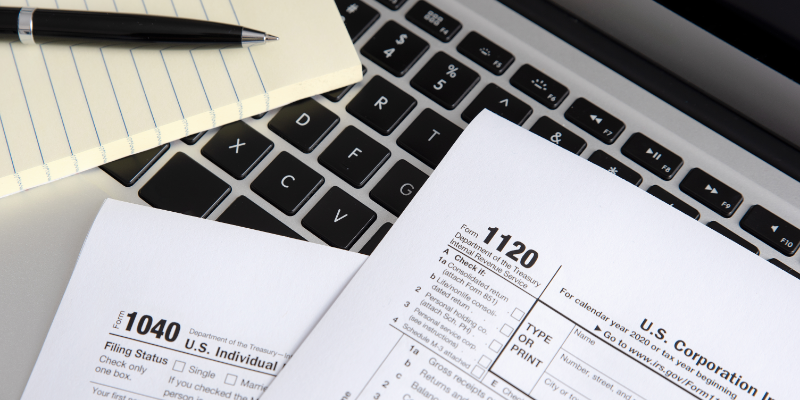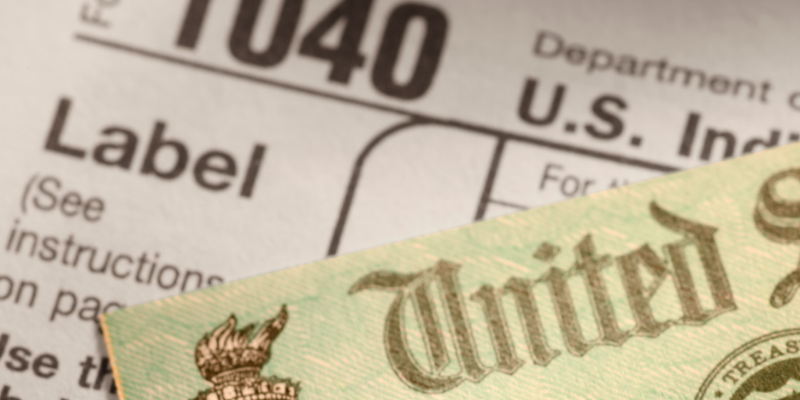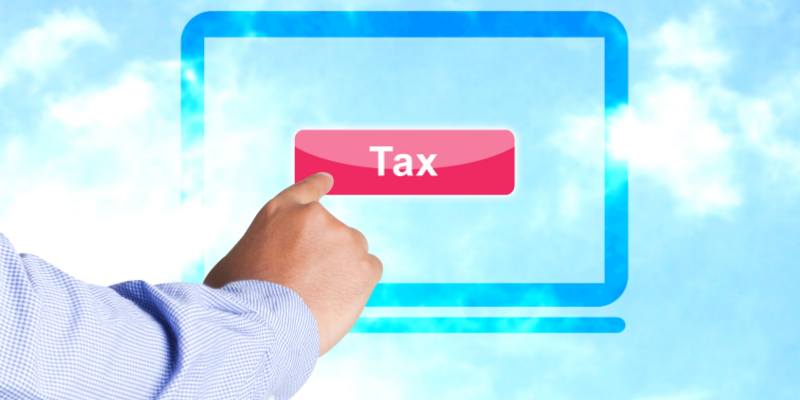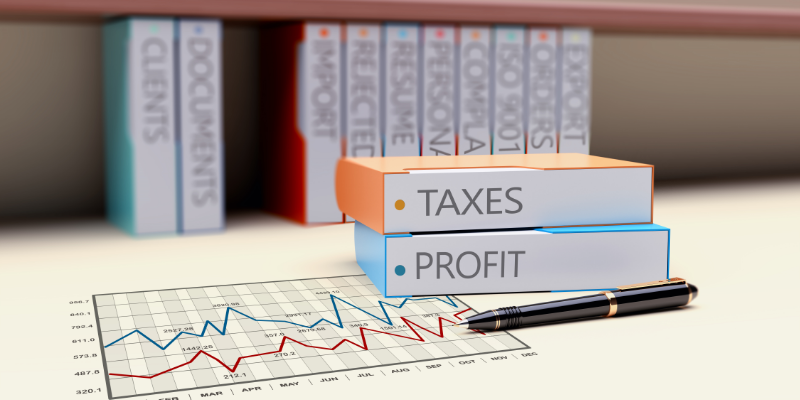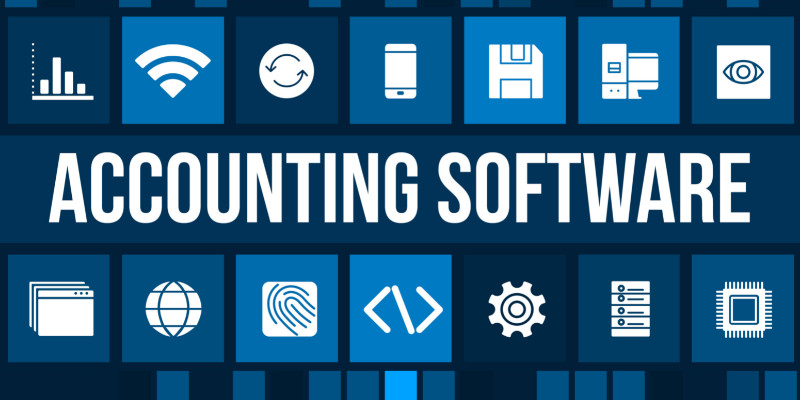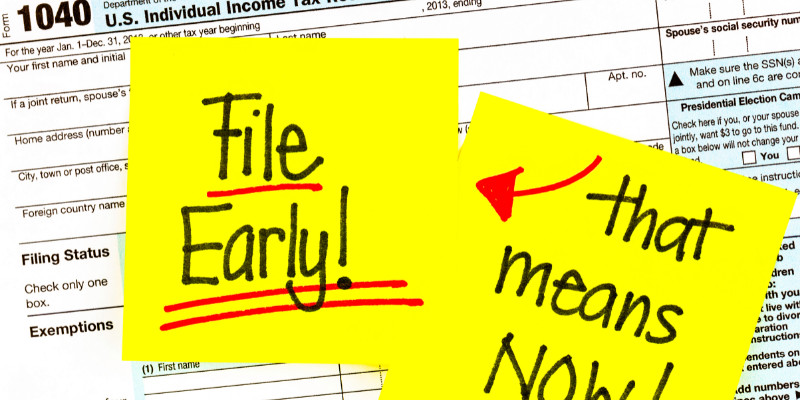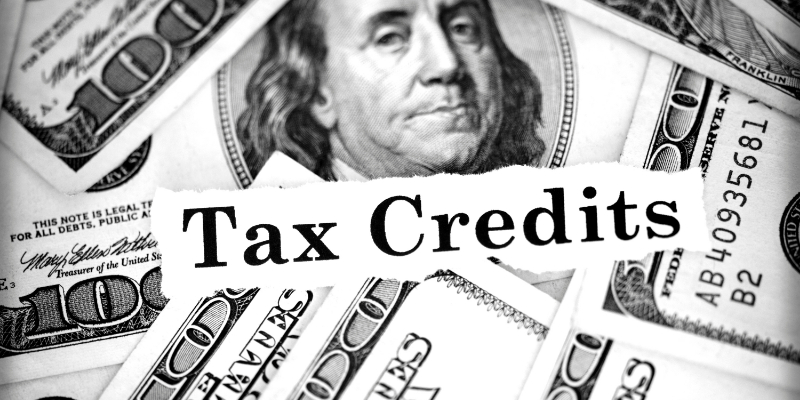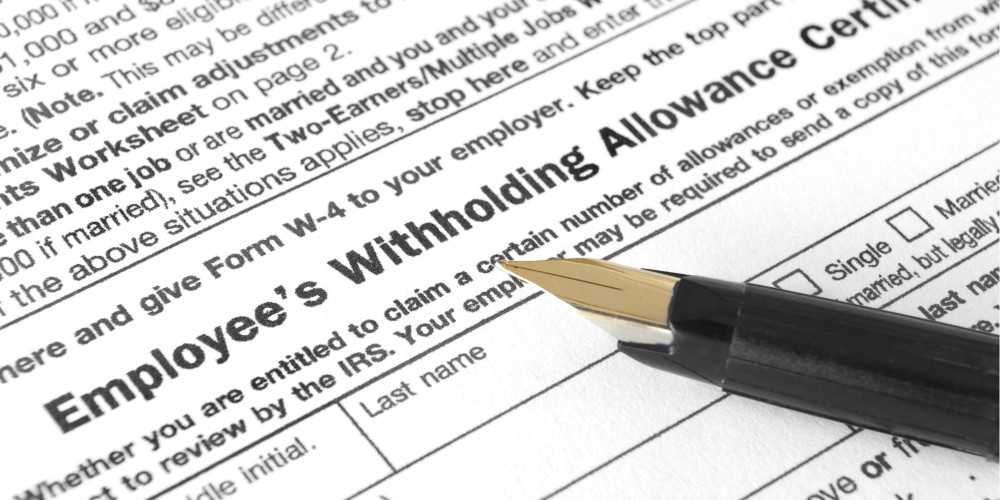
Key Principles to Preparing Clients for Their Retirement Years
Whoever invented the calculator, the computer, and Cloud computing deserves a million thanks. It’s so convenient to solve complex financial problems, come up with a solution, and store them online for people to review. Some of the best professional tax software in preparing clients, such as TurboTax, H&R Block, and TaxSlayer, fit the bill for empowering individuals to compute their fiscal statements. Yet even with these technologies, are these clients of the right mindset? Are they saving up or simply planning for a nest egg already? The early bird indeed gets the worm, so it’s in their best interest to prepare now instead of later. Some fundamental principles you should be mindful of include: Coaching Them to Start Early Are you noticing that your younger clients haven’t begun preparing clients with their retirement contributions? Talk to them regarding the benefits of compound interest over time and encourage them to start as soon as possible. Understanding Their Tax Scenario Regardless of preparing clients ‘ types of retirement accounts, their tax situation is likely to change once they begin drawing from them. Before you introduce anything else, you’ve got to be familiar with how the most common retirement sources are taxed, such as: Traditional 401ks and IRAs: Distributions from these funds are subject to regular income tax since retirees made the contributions on a pre-tax income. Roth 401ks IRAs: On the other hand, distributions from these sources aren’t taxed since your clients already paid the taxes on the contributions. They only need to be over 59.5 years not to be penalized for early withdrawal. But if their employers made any contributions on their behalf, those are income tax-deductible. Social Security (SS): These benefits are taxed according to your clients’ total income. Combine their yearly SS benefit amount with their other income sources to determine this amount. Your clients filing single, HOH, or qualifying widow/widower, income between $25,000 and $34,000 are taxed 50 percent of their benefits. While income above $34,000 represents an 85 percent tax on their benefits. On the contrary, couples who are married and filing jointly should add half of their Social Security benefits and other income sources. If their yearly income is $32,000 – $44,000, half of their benefits are considered taxable income. If they make above $44,000, 85 percent of their benefits are taxable. And if your clients balk at those numbers, remind them that this doesn’t mean they are being taxed at 50 percent or 85 percent. Instead, only 50 percent or 85 percent of their benefits will be taxed at the appropriate rate for their tax bracket. If they’re still unsure, this questionnaire from the IRS can help them understand how they’ll be taxed: Are My Social Security or Railroad Retirement Tier? Pension Plans: Like traditional IRAs and 401(k)s, most pension plans’ distributions are considered taxable income since the contributions were not taxed. A few states have made exceptions for residents’ pension income, so be sure to look into the rules in your state. Pay Off Debts Though starting early is beneficial, it might make more sense for your clients to pay off debts that have higher interest rates first. The earned interest from their retirement savings could be far less than the money they’d save by paying off debt early. Guide Them with the Best Professional Tax Software The best thing about early retirement projections is your clients can prepare for the life they want as early as now. They’ll know which expenses to prioritize, how to budget, where to budget, and what to put off for the meantime. Then, that’s where you come in to guide them through every step, helping them reach their financial goals. Plan for your clients’ retirements with the help of Keystone Tax Solutions! We’re the best professional tax software on the market, which offers 3-year prior access, low fee options, unlimited free e-files, and unlimited additional users! Visit our web page to know more about this fantastic technology even more!







